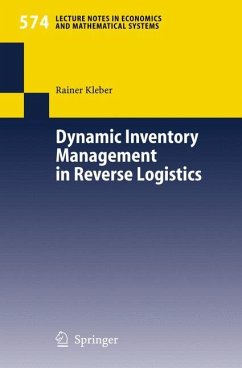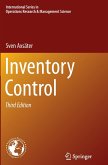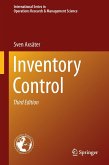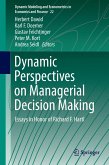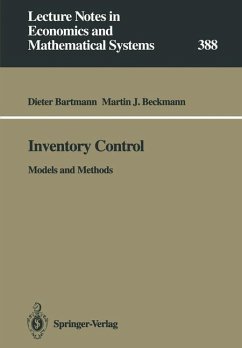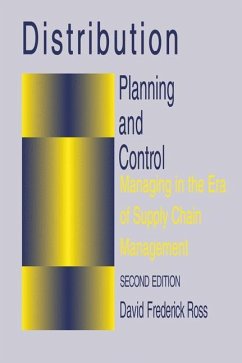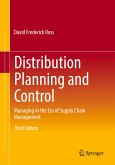The integration of product recovery into regular production processes enables new opportunities for cost savings. In case of a dynamic planning situation, for instance when dealing with seasonality or the product life cycle, new motives for keeping stock arise. The work aims to identify those motives and to describe their effects by using methods of optimal control theory.
ReverseLogistics is an area that has attracted growingattention over the last years both from the industrial as well as from the scienti?c side. The proper management of reverse ?ows of products and materials is of considerable - portance in many industries because of its in?uence on economic performance and environmental impact. The respective management tasks, however, are connected with new challenging planning and control problems. This es- cially holds for product recovery management concerning remanufacturing operations where used products, after being returned to the manufacturer, are reprocessed such that they are as good as new and can be re-integrated into the forward logistics stream. Amajorissueinremanufacturingishowtooptimallycoordinatethepot- tial activities directed at meeting customer demands for serviceable products and to deal with returns of products after end-of-use.Therespectivedecisions refer to ?nding a proper mix of manufacturing original and remanufacturing used products as well as of stock-keeping and disposing of returned items. Hereby, relevant cost impacts and time patterns of demand and returns have to be taken into consideration.
ReverseLogistics is an area that has attracted growingattention over the last years both from the industrial as well as from the scienti?c side. The proper management of reverse ?ows of products and materials is of considerable - portance in many industries because of its in?uence on economic performance and environmental impact. The respective management tasks, however, are connected with new challenging planning and control problems. This es- cially holds for product recovery management concerning remanufacturing operations where used products, after being returned to the manufacturer, are reprocessed such that they are as good as new and can be re-integrated into the forward logistics stream. Amajorissueinremanufacturingishowtooptimallycoordinatethepot- tial activities directed at meeting customer demands for serviceable products and to deal with returns of products after end-of-use.Therespectivedecisions refer to ?nding a proper mix of manufacturing original and remanufacturing used products as well as of stock-keeping and disposing of returned items. Hereby, relevant cost impacts and time patterns of demand and returns have to be taken into consideration.
From the reviews:
"This book is the author's doctoral dissertation at Otto-von-Guericke University in Magdeburg, Germany. ... I recommend this book to those who would like to learn more about dynamic approaches to the analysis of production processes and inventory management." (Amitrajeet A. Batabyal, Interfaces, Vol. 37 (6), 2007)
"This book is the author's doctoral dissertation at Otto-von-Guericke University in Magdeburg, Germany. ... I recommend this book to those who would like to learn more about dynamic approaches to the analysis of production processes and inventory management." (Amitrajeet A. Batabyal, Interfaces, Vol. 37 (6), 2007)

